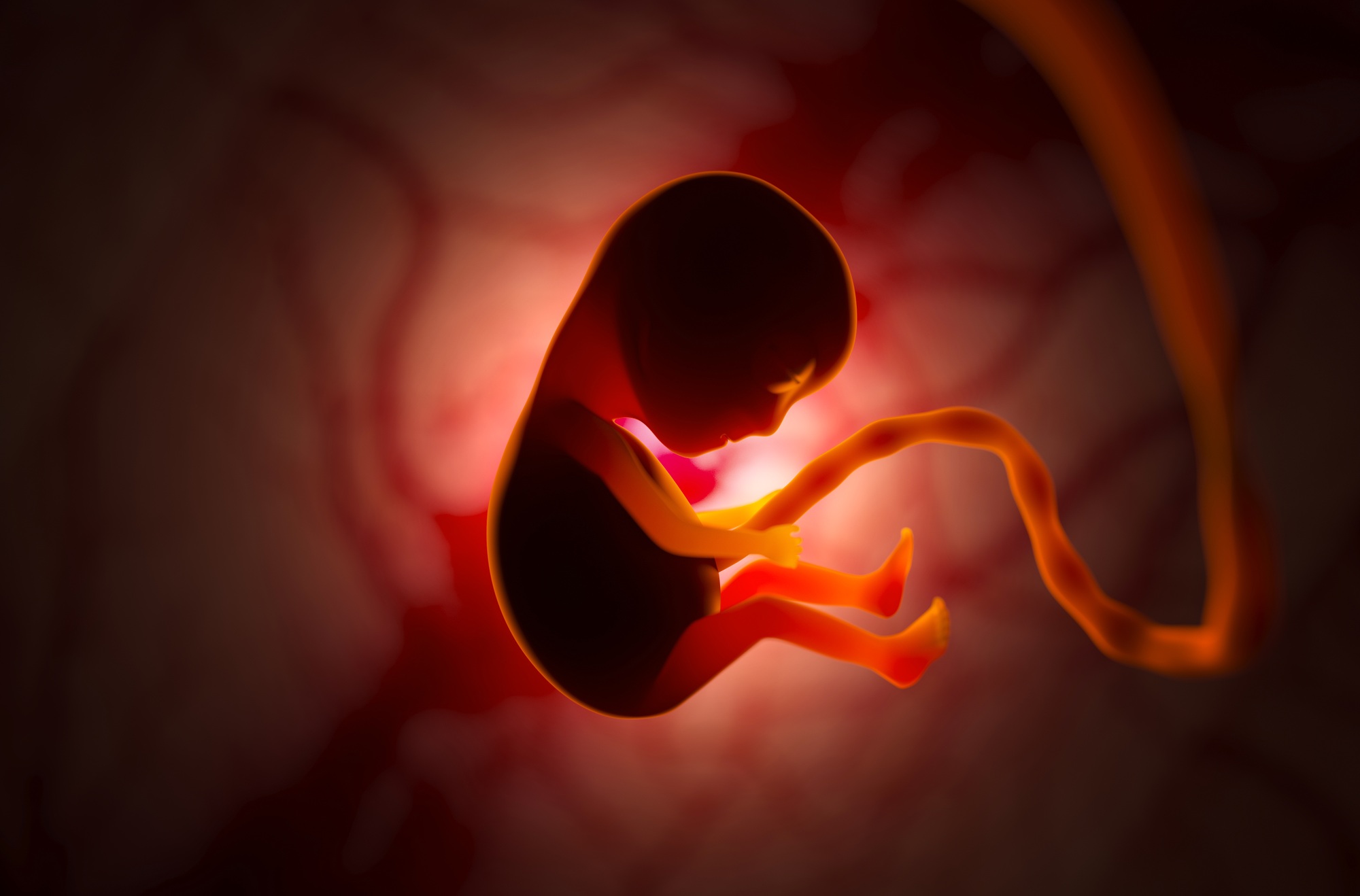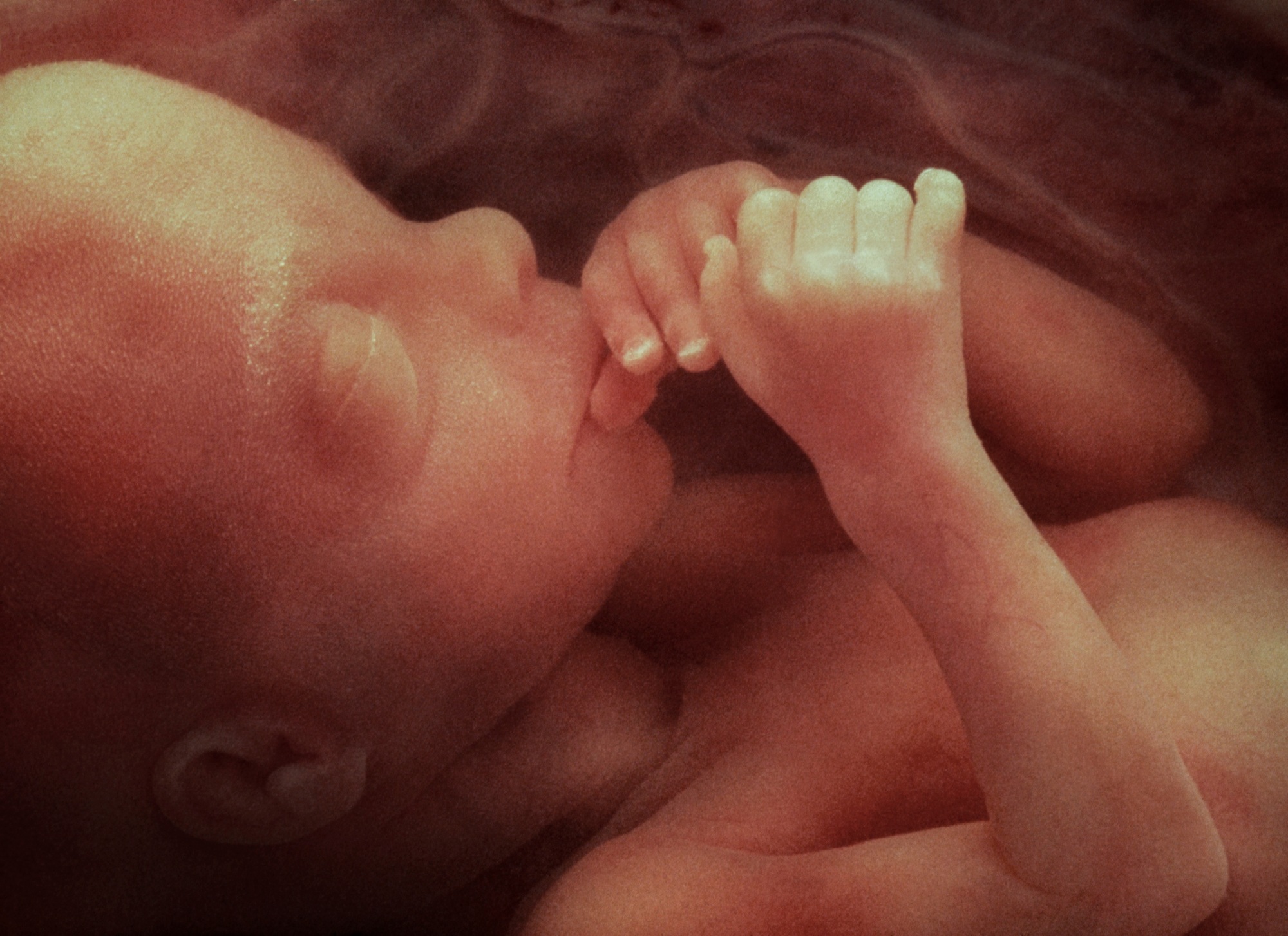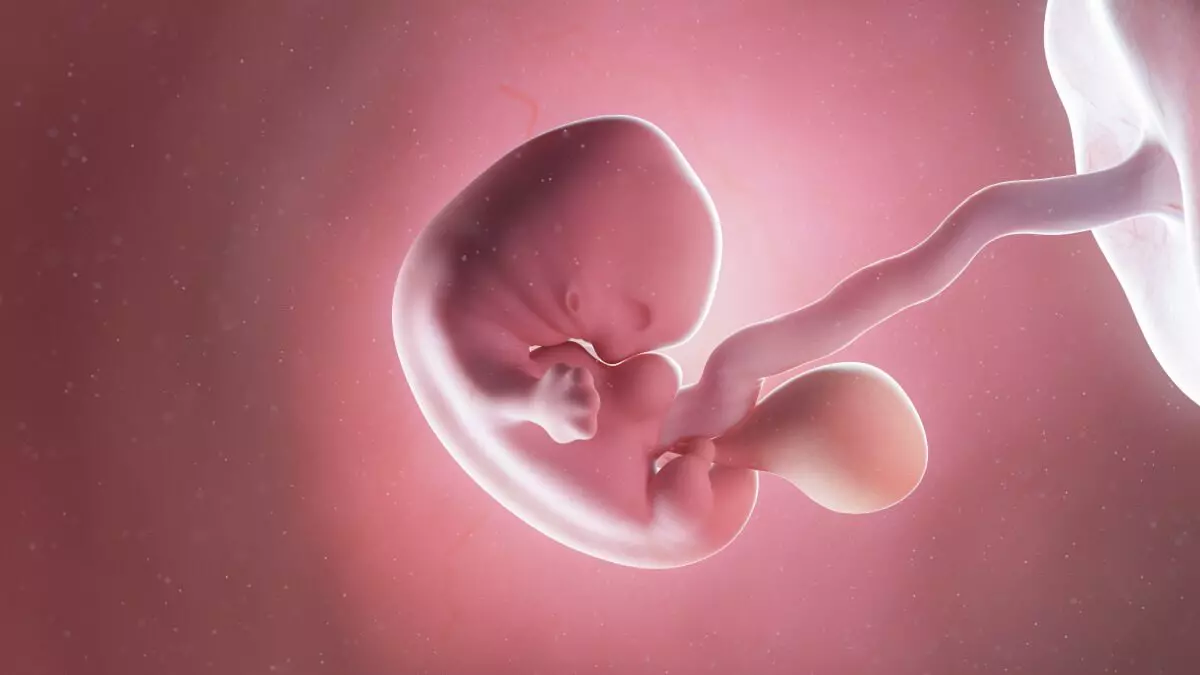
Understanding Abortion at 12 Weeks
Abortion is a deeply personal decision that many women face for various reasons. At 12 weeks, a pregnancy is in the first trimester, and abortion procedures may differ from those performed at earlier or later stages. Understanding the options, risks, and emotional considerations surrounding abortion at 12 weeks is essential for making an informed decision.
What Happens During an Abortion at 12 Weeks?
At 12 weeks, there are two main types of abortion procedures available: medical abortion and surgical abortion. The choice of procedure depends on individual health conditions, accessibility, and personal preference.
Medical Abortion
Medical abortion at 12 weeks involves taking a combination of medications to end the pregnancy. Typically, this includes:
- Mifepristone: This medication blocks the hormone progesterone, which is necessary for pregnancy to continue.
- Misoprostol: Taken 24 to 48 hours after mifepristone, misoprostol induces uterine contractions, causing the pregnancy to be expelled.
Medical abortion is more commonly used in early pregnancy, but some healthcare providers may offer it up to 12 weeks. However, the effectiveness decreases, and the chances of requiring a follow-up procedure increase.
Surgical Abortion
Surgical abortion is more commonly performed at 12 weeks and is generally done in a clinic or hospital setting. The two primary surgical methods used are:
- Vacuum Aspiration: Also known as suction aspiration, this procedure involves using a gentle suction device to remove the pregnancy tissue from the uterus.
- Dilation and Curettage (D&C): This involves dilating the cervix and using a surgical instrument to remove the pregnancy tissue.
Surgical abortions at 12 weeks are usually quick, taking about 10-15 minutes, with most patients being able to go home the same day.
Risks and Side Effects of Abortion at 12 Weeks
Every medical procedure carries potential risks, and abortion is no exception. While abortion at 12 weeks is considered safe when performed by a qualified provider, some possible risks include:
- Heavy bleeding: Some bleeding is normal, but excessive bleeding may require medical attention.
- Infection: If proper post-care instructions are not followed, infections can occur.
- Incomplete abortion: In some cases, the abortion may not be complete, requiring additional medical intervention.
- Emotional and psychological effects: Some women may experience feelings of sadness, guilt, or regret following an abortion.
Understanding these risks is crucial when considering abortion at 12 weeks. Speaking with a healthcare provider can provide further clarity.
Emotional and Psychological Considerations
Deciding on an abortion can be emotionally complex, and every woman’s experience is different. Some factors that may influence emotional well-being include:
- Personal beliefs and values
- Support system availability
- Previous mental health conditions
- Relationship dynamics
For some, relief may be the dominant emotion, while others may experience sadness or regret. Seeking counseling or speaking to a supportive organization can help navigate these emotions.
Alternatives to Abortion at 12 Weeks
If a woman is uncertain about proceeding with an abortion at 12 weeks, there are other options to consider, including:
- Parenting: If support and resources are available, continuing the pregnancy and raising the child might be an option.
- Adoption: For women who are unable or unwilling to parent but do not wish to have an abortion, adoption provides an alternative that allows the child to be raised by another family.
- Support Services: Various organizations offer financial, medical, and emotional support for women facing unplanned pregnancies.
Understanding all available options can help women make the best decision for their unique situation.
The Importance of Seeking Support
Whether choosing to have an abortion or exploring alternative options, having the right support is crucial. Support can come from:
- Friends and family members
- Professional counselors and therapists
- Pregnancy resource centers
- Faith-based organizations
No one should feel alone in making such a significant decision. Reaching out to someone who understands can provide clarity and reassurance.
Final Thoughts
Abortion at 12 weeks is a medical procedure that requires careful consideration. Understanding the process, risks, and emotional impact can help women make informed choices. No matter what decision is made, support is available.
If you are thinking about abortion and need someone to talk to, The Abortion Truth is here for you. Whether you need support, guidance, or counseling, you can contact us at wecare@theabortiontruth.org. You are not alone, and there are compassionate alternatives available to you.










